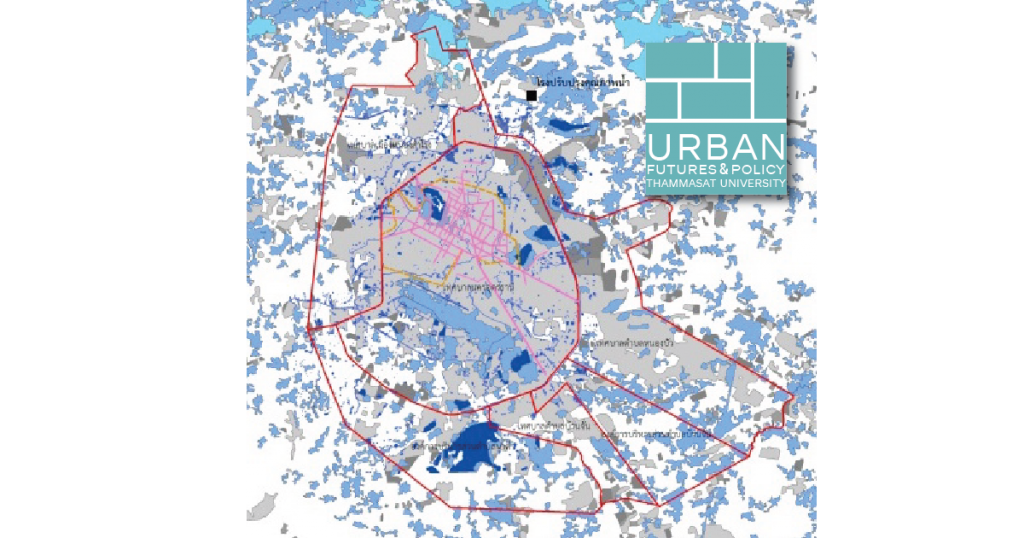Institution/Policy
Spatial and socioeconomic risk assessment of flooding in Udonthani Nakorn Municipality and outlying municipalities and Tambon administrative organization
year 2014-2016
Share on facebook
Facebook
Share on google
Google+
Share on twitter
Twitter
Share on linkedin
LinkedIn
Share on whatsapp
WhatsApp

Extreme weather events affect vulnerable urban areas adversely, with substantial damage, disruption of normal economic and social activities and services and loss of human life and can also alter the medium or long-term development trajectory of the cities.
Thus, disaster management is an important context for integrating adaptation into decision-making for the cities at risk. The APN funded research project in Mumbai, Bangkok and Manila has been undertaken with the primary objective of identifying and measuring the short to medium-term impacts and responses to extreme weather events and their policy implications for long-term adaptation capacity and development planning for the cities.
The project includes analysis of primary and secondary data to measure the physical, economic and social losses in the case study cities. We also examine the short to medium term responses from the local government and citizens and evaluate if they enhance the adaptation capacity of the cities to cope with future weather events and flood risks.
This analysis has policy implications for disaster management, city resilience and adaptive capacity of the cities in the longterm. The project is particularly relevant to the selected cities belonging to the developing world where natural disasters have long-term implications for development and poverty alleviation.
Urban Futures involved in the second research’s objective of the institutional gap analysis of urban state agencies and governance in order to understand challenges for building urban climate resiliency. The research undertakes a case study of the limitations to urban climate resilience of the city region of Udon Thani province in Thailand which is rapidly growing and aims to become a regional hub despite being confronted with climate-related challenges. The research focuses on examining plans and policies at national, regional and local levels regarding the provincial development strategy, land use, water supply, and wastewater management services in order to examine the vertical and horizontal institutional arrangement, legal framework, policy drivers, and other limitations to the mainstreaming of climate resilience into urban development planning. Interviews and workshops were also held with relevant public officials and practitioners.
The findings reveal that there are limitations caused by institutional arrangements and gaps which have resulted in the lack of coordination between agencies at different levels or administration or agencies operating under different ministries. There are also discrepancies of responsibility and information and financial resources which significantly undermine the efficiency of the three urban services, and, consequently, Udon Thani city region’s climate resilience and ability to accommodate spatial and socio-economic growth.
Research Team
Asst. Prof. Nij Tontisirin
Faculty of Architecture and Planning, Thammasat University
Asst.Prof. Wijitbusaba Marome
Faculty of Architecture and Planning, Thammasat University
Asst.Prof. Sutee Anantsuksomsri
Faculty of Architecture, Chulalongkorn University
